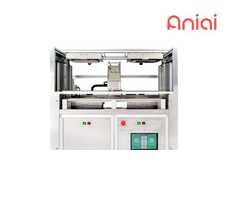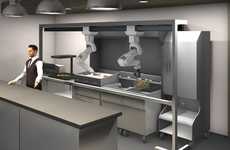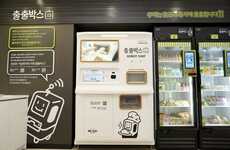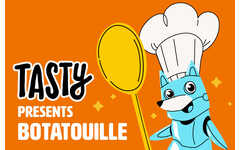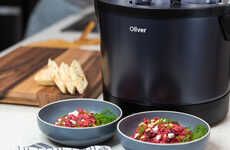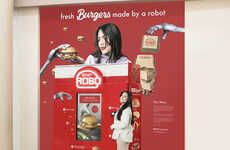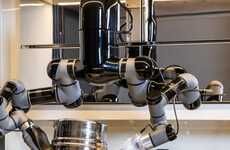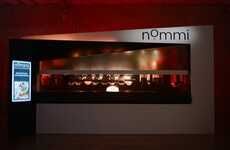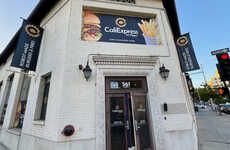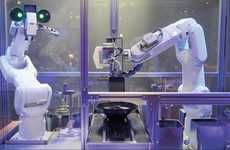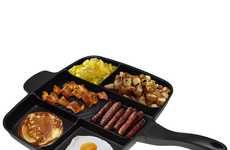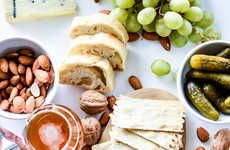
This Thai Food Robot is Supposed to Standardize Thai Food Internationally
Alyson Wyers — January 12, 2015 — Tech
References: nytimes & springwise
This Thai food robot was designed to standardize and critique Thai cuisine around the world. The government-funded Thai Delicious Committee unveiled the E-Delicious machine, which uses sensors to quantify smell and taste and essentially critique the food. In an effort to promote authentic Thai food around the world, the project was initiated by the administration of former Prime Minister of Thailand Yingluck Shinawatra.
The Thai food robot rates dishes out of 100 based on the collective taste of 120 Thai people. Chemical signatures in the dishes are measured by the machine's electronic nose and tongue. A grade of 80 or more is required to pass. An iPhone app was also developed by the Thai Delicious Committee, which includes approved recipes. Endorsed restaurants will be able to display a Thai Delicious logo as well.
The Thai food robot rates dishes out of 100 based on the collective taste of 120 Thai people. Chemical signatures in the dishes are measured by the machine's electronic nose and tongue. A grade of 80 or more is required to pass. An iPhone app was also developed by the Thai Delicious Committee, which includes approved recipes. Endorsed restaurants will be able to display a Thai Delicious logo as well.
Trend Themes
1. Standardizing Thai Cuisine - There is an opportunity for technology-driven solutions to standardize and critique traditional cuisines, ensuring consistency across different locations.
2. Sensory Analysis Technology - The development of electronic noses and tongues opens up possibilities for quantifying smell and taste, enabling objective evaluation of food.
3. Authenticity and Certification - The creation of certification programs, like the Thai Delicious logo, can help assure consumers of the authenticity of a cuisine and promote approved establishments.
Industry Implications
1. Food Technology - The application of robotic sensors and artificial intelligence can disrupt the food industry by introducing new methods of analyzing and standardizing culinary experiences.
2. Hospitality - Hotels and restaurants can leverage sensory analysis technology to improve quality control, standardize recipes, and enhance the authenticity of their offerings.
3. Certification and Quality Assurance - The development of certification programs and quality assurance services presents a disruptive opportunity for companies specializing in food authenticity and standardization.
2.7
Score
Popularity
Activity
Freshness


